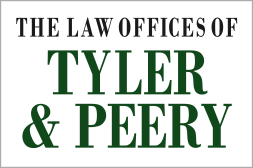Due to aggressive marketing strategies employed by pharmaceutical companies, many men have been pitched the idea that they may reap benefits from undergoing testosterone therapy. The advertising entices interest by asking men if they feel tired. While fatigue may be a symptom for which there is legitimate reason to seek medical treatment, the use of testosterone products may not be the best remedy.
According to a urologist at a Harvard-affiliated hospital, simply feeling tired is not sufficient reason to issue a man a testosterone prescription. The urologist says that lab tests are required to determine if a man has low testosterone levels and that usually their levels test out as normal. He also says that if a man starts the treatment, it may be difficult to stop because his body will stop producing testosterone. Ceasing treatment can cause issues as the body recovers its ability to produce the hormone.
The worrying part of this scenario is that it can lead to what the urologist calls a “testosterone trap,” wherein a man will stay on the treatment to avoid his body’s response to stopping. This is problematic because of the possible serious health risks that the therapy may present.
Recent studies have generated data indicating that testosterone may pose an increased risk of strokes, pulmonary embolisms and heart attacks. In fact, in 2010, a study called “Testosterone in Older Men” was stopped because the results were demonstrating that the treatment was causing a noticeable increase in heart issues among test subjects.
It is more than understandable that a man would want to take measures to retain his vitality as he gets older. The companies who sell testosterone products market relentlessly in a bid to lure men into starting a therapy that may be very difficult to stop. As such, a doctor should take all proper precautions prior to prescribing testosterone therapy to a patient.
If you have undergone testosterone therapy and believe that it has led to health issues, you may have cause to seek compensation for any harm you have experienced. A Texas testosterone therapy attorney may be able to use information contained in your medical records to determine an appropriate course of legal action.
